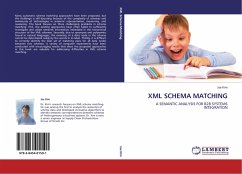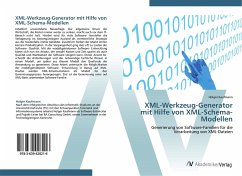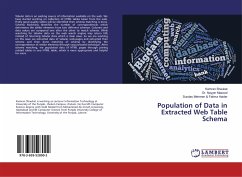Many automatic schema matching approaches have been proposed, but the challenge is still daunting because of the complexity of schemas and immaturity of technologies in semantic representation, measuring, and reasoning.The book focuses on three challenging problems in schema matching. First, the existing approaches have often failed to sufficiently investigate and utilize semantic information imbedded in the hierarchical structure of the XML schemas. Secondly, due to synonyms and polysemies found in natural languages, the meaning of a data node in the schema cannot be determined solely by the words in its label. Thirdly, it is difficult to correctly identify the best set of matching pairs for all data nodes between two schemas.A variety of computer experiments have been conducted with encouraging results that show the proposed approaches in this book are valuable for addressing difficulties in XML schema matching.
Bitte wählen Sie Ihr Anliegen aus.
Rechnungen
Retourenschein anfordern
Bestellstatus
Storno








